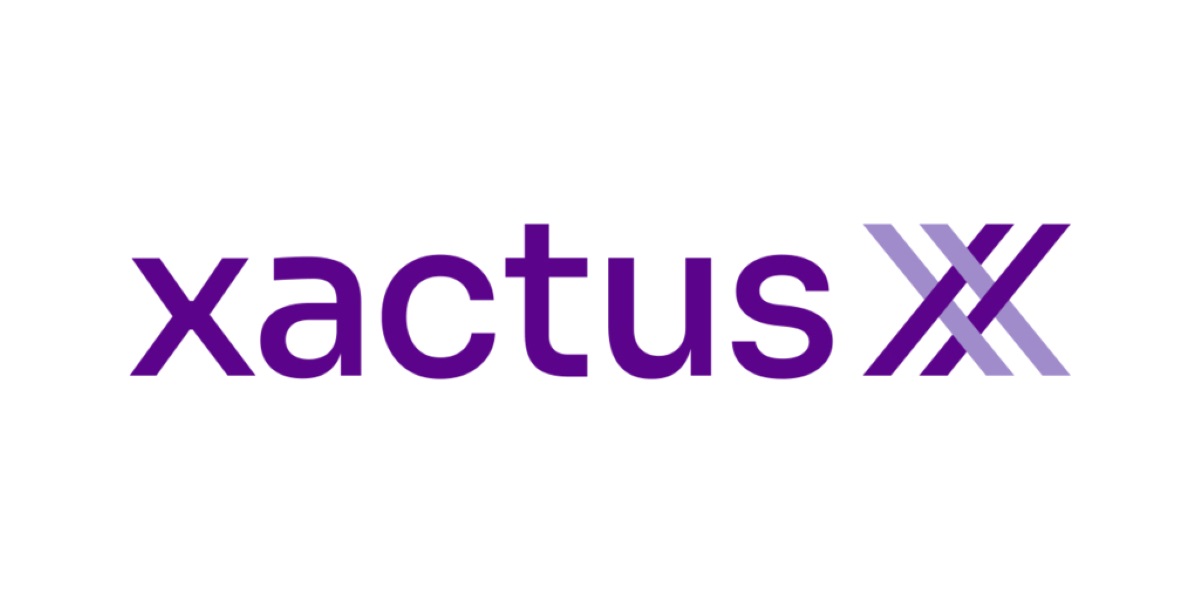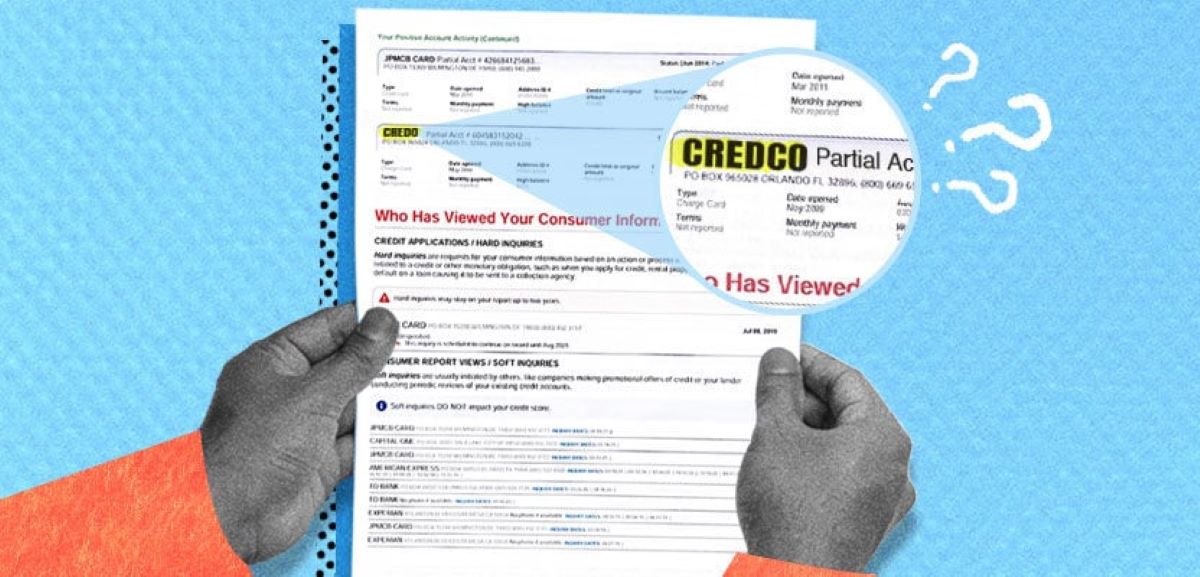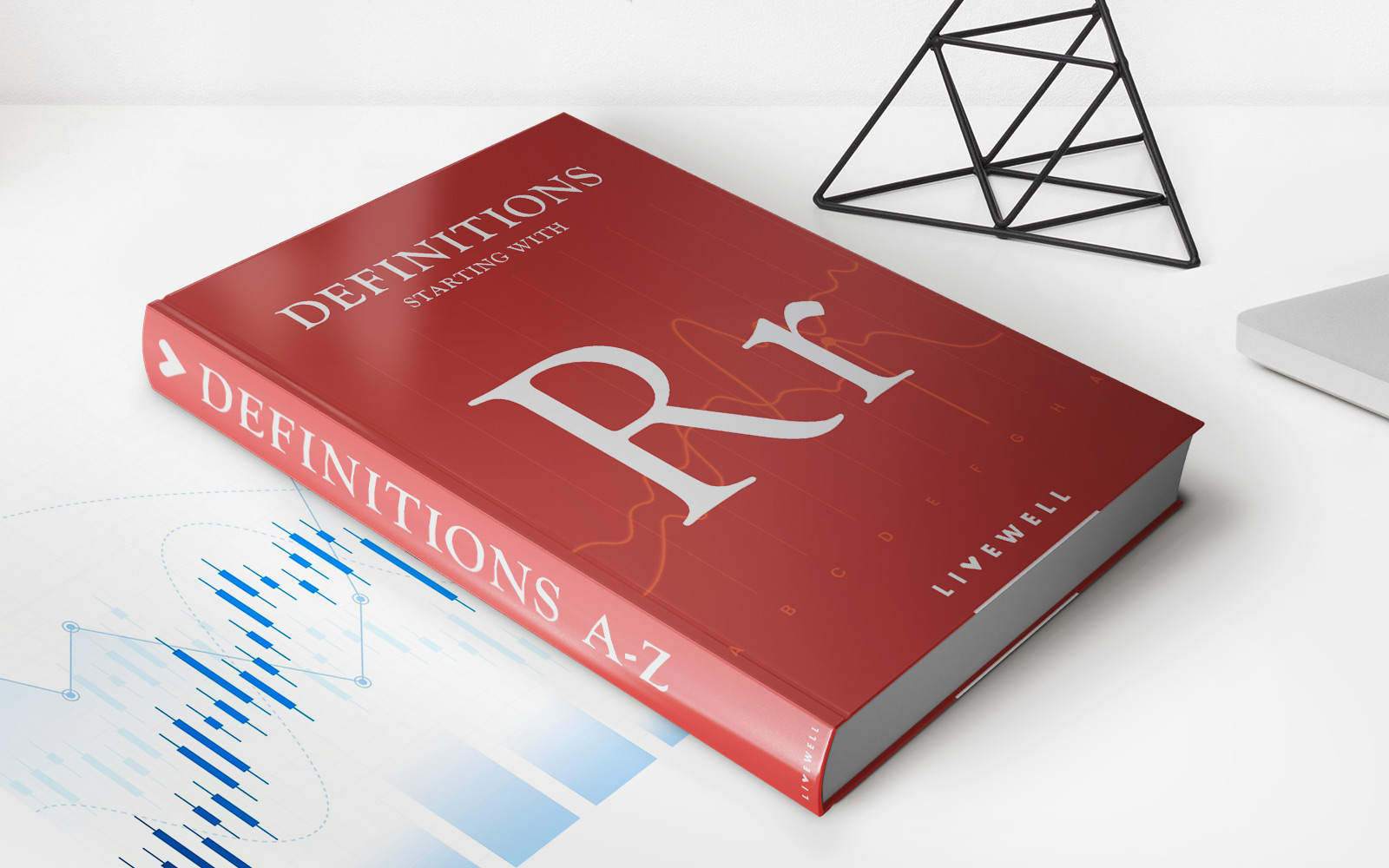

Finance
What Information Is In A Soft Credit Inquiry
Modified: March 5, 2024
Learn about soft credit inquiries and how they impact your financial profile. Understand the purpose and implications of soft credit checks in finance.
(Many of the links in this article redirect to a specific reviewed product. Your purchase of these products through affiliate links helps to generate commission for LiveWell, at no extra cost. Learn more)
Table of Contents
Introduction
Understanding the nuances of credit inquiries is crucial in navigating the world of personal finance. When it comes to assessing an individual's creditworthiness, the distinction between soft and hard credit inquiries holds significant weight. In this comprehensive guide, we will delve into the realm of soft credit inquiries, shedding light on their nature, impact, and accessibility.
Soft credit inquiries play a pivotal role in various financial transactions, from pre-approval processes to background checks. Unlike hard inquiries, which occur when a lender reviews an individual's credit report as part of a loan or credit application, soft inquiries are initiated for informational or promotional purposes. These inquiries do not affect an individual's credit score and are typically conducted without the individual's explicit consent.
By unraveling the intricacies of soft credit inquiries, we aim to equip readers with a deeper understanding of this fundamental aspect of credit assessment. Whether you're a seasoned finance aficionado or a novice in the realm of credit, this exploration will provide valuable insights into the inner workings of soft credit inquiries and their implications on personal financial journeys.
Understanding Soft Credit Inquiries
Soft credit inquiries, also known as soft pulls or soft checks, are inquiries made on an individual’s credit report that do not impact their credit score. These inquiries are initiated for informational or promotional purposes and are often conducted without the individual’s explicit consent. Unlike hard inquiries, which occur when a lender reviews an individual’s credit report as part of a loan or credit application, soft inquiries serve different functions within the realm of credit assessment.
It’s important to note that soft credit inquiries can occur without the individual’s knowledge. For instance, when a credit card issuer pre-screens potential customers to send them pre-approved offers, they conduct soft inquiries. Similarly, when an employer conducts a background check as part of the hiring process, it typically involves a soft credit inquiry to verify the candidate’s financial standing.
Understanding the nature of soft credit inquiries is essential in comprehending their impact on an individual’s financial profile. While these inquiries do not affect credit scores, they are documented on the credit report and can be viewed by the individual. By recognizing the distinction between soft and hard credit inquiries, individuals can gain a clearer perspective on the various interactions that occur within the domain of credit assessment.
Types of Soft Credit Inquiries
Soft credit inquiries encompass a variety of scenarios and serve different purposes within the realm of credit assessment. Understanding the types of soft inquiries can provide insight into the diverse ways in which these inquiries are utilized in the financial landscape.
1. Promotional Inquiries: Credit card companies and other financial institutions often conduct soft inquiries to assess individuals’ credit profiles for promotional offers. These inquiries enable them to identify potential customers who may qualify for specific financial products or services, such as credit cards with favorable terms or loan offers.
2. Pre-Approval Checks: When individuals receive pre-approved offers for credit cards or loans, it is often a result of soft credit inquiries conducted by the issuing financial institutions. These inquiries help lenders gauge the creditworthiness of potential customers without impacting their credit scores.
3. Background Checks: Employers may perform soft credit inquiries as part of background checks during the hiring process. Verifying a candidate’s financial standing can be a crucial aspect of assessing their suitability for certain roles, particularly those involving fiduciary responsibilities.
4. Personal Credit Checks: Individuals themselves may initiate soft credit inquiries to obtain their own credit reports for personal review. These inquiries are considered soft pulls and do not affect credit scores, allowing individuals to monitor their credit profiles without negative repercussions.
By recognizing the various types of soft credit inquiries, individuals can gain a comprehensive understanding of the contexts in which these inquiries occur and their implications for credit assessment and financial decision-making.
Impact of Soft Credit Inquiries
One of the defining characteristics of soft credit inquiries is their lack of impact on an individual’s credit score. Unlike hard inquiries, which can potentially lower a credit score by a few points, soft inquiries are not factored into credit score calculations. This distinction is crucial in understanding the implications of soft inquiries on an individual’s financial standing.
Soft inquiries serve informational or promotional purposes and are typically initiated without the individual’s explicit consent. As a result, individuals may not even be aware of these inquiries taking place. Despite this, the lack of impact on credit scores ensures that individuals can explore various financial opportunities, such as pre-approved credit offers, without concern for negative repercussions on their credit profiles.
Additionally, the presence of soft inquiries on a credit report provides transparency and visibility into the interactions that occur regarding an individual’s credit information. While these inquiries are visible to the individual, they do not carry the same weight as hard inquiries in terms of credit assessment by potential lenders or creditors.
Understanding the negligible impact of soft credit inquiries on credit scores empowers individuals to engage in financial activities that involve informational credit checks without the fear of detrimental effects on their creditworthiness. This distinction underscores the importance of distinguishing between soft and hard inquiries, allowing individuals to make informed decisions regarding their financial well-being.
Who Can Access Soft Credit Inquiries?
Various entities and individuals have the ability to access soft credit inquiries for distinct purposes within the realm of credit assessment and financial decision-making.
1. Financial Institutions: Credit card issuers, lenders, and other financial institutions utilize soft credit inquiries to assess individuals’ credit profiles for promotional offers, pre-approval checks, and targeted marketing campaigns. By accessing soft inquiries, these institutions can identify potential customers who may qualify for specific financial products or services without impacting the individuals’ credit scores.
2. Employers: During the hiring process, employers may conduct background checks that include soft credit inquiries to evaluate a candidate’s financial standing. This practice is particularly common for roles involving fiduciary responsibilities or access to sensitive financial information.
3. Individuals: Individuals themselves have the ability to access soft credit inquiries by requesting their own credit reports for personal review. Monitoring soft inquiries allows individuals to stay informed about the interactions occurring regarding their credit information without affecting their credit scores.
4. Third-Party Service Providers: Certain third-party service providers, such as credit monitoring agencies and identity theft protection services, may access soft credit inquiries as part of their offerings to individuals seeking to monitor and safeguard their credit profiles.
By recognizing the entities and individuals with access to soft credit inquiries, individuals can gain a comprehensive understanding of the contexts in which these inquiries are utilized and the implications for their credit assessment and financial well-being.
How to View Soft Credit Inquiries
Accessing and reviewing soft credit inquiries is an essential aspect of monitoring one’s credit profile and staying informed about the interactions involving their credit information. Individuals can view soft credit inquiries through various channels and credit reporting agencies, enabling them to maintain transparency and awareness regarding the inquiries made on their credit reports.
1. Annual Credit Report: The Fair Credit Reporting Act (FCRA) entitles individuals to obtain a free copy of their credit report from each of the three major credit reporting agencies—Equifax, Experian, and TransUnion—once every 12 months. By accessing their annual credit reports, individuals can review the soft credit inquiries documented on their credit profiles.
2. Credit Monitoring Services: Many credit monitoring services offer individuals the ability to track and view soft credit inquiries as part of their subscription-based offerings. These services provide regular updates and alerts regarding any new inquiries, allowing individuals to stay informed about the interactions occurring on their credit reports.
3. Direct Requests to Credit Reporting Agencies: Individuals can directly request their credit reports from the major credit reporting agencies, which are required to provide a free copy once every 12 months. By submitting a request to the respective agencies, individuals can access detailed information about the soft inquiries documented on their credit reports.
4. Online Platforms: Several online platforms and financial management tools provide individuals with the capability to view their credit reports, including soft credit inquiries, through user-friendly interfaces. These platforms offer insights into credit activity and facilitate easy access to comprehensive credit information.
By leveraging these avenues, individuals can proactively view and monitor soft credit inquiries, gaining valuable visibility into the interactions involving their credit profiles and empowering themselves to make informed financial decisions.
Conclusion
Understanding the intricacies of soft credit inquiries is paramount in navigating the landscape of credit assessment and financial decision-making. By differentiating between soft and hard inquiries, individuals can grasp the distinct impacts of these inquiries on their credit profiles and overall financial well-being.
Soft credit inquiries, characterized by their informational or promotional nature and lack of impact on credit scores, play a significant role in various financial transactions. From pre-approval processes to background checks, these inquiries serve diverse purposes and are accessed by a range of entities, including financial institutions, employers, and individuals themselves.
Accessing and monitoring soft credit inquiries is essential for individuals seeking to maintain transparency and awareness regarding the interactions involving their credit information. By leveraging channels such as annual credit reports, credit monitoring services, direct requests to credit reporting agencies, and online platforms, individuals can stay informed about the soft inquiries documented on their credit reports.
Ultimately, comprehending the types, impact, and accessibility of soft credit inquiries empowers individuals to make informed financial decisions, engage in credit-related activities, and safeguard their credit profiles. By navigating the realm of soft inquiries with knowledge and awareness, individuals can proactively manage their credit information and navigate the broader landscape of personal finance with confidence and clarity.














